How AI can be used to boost your website experience
Also known as Machine Intelligence in general terms, Artificial Intelligence is described as any task performed by software, application, program, or...
5 min read
Sales : Oct 16, 2017 12:00:00 AM
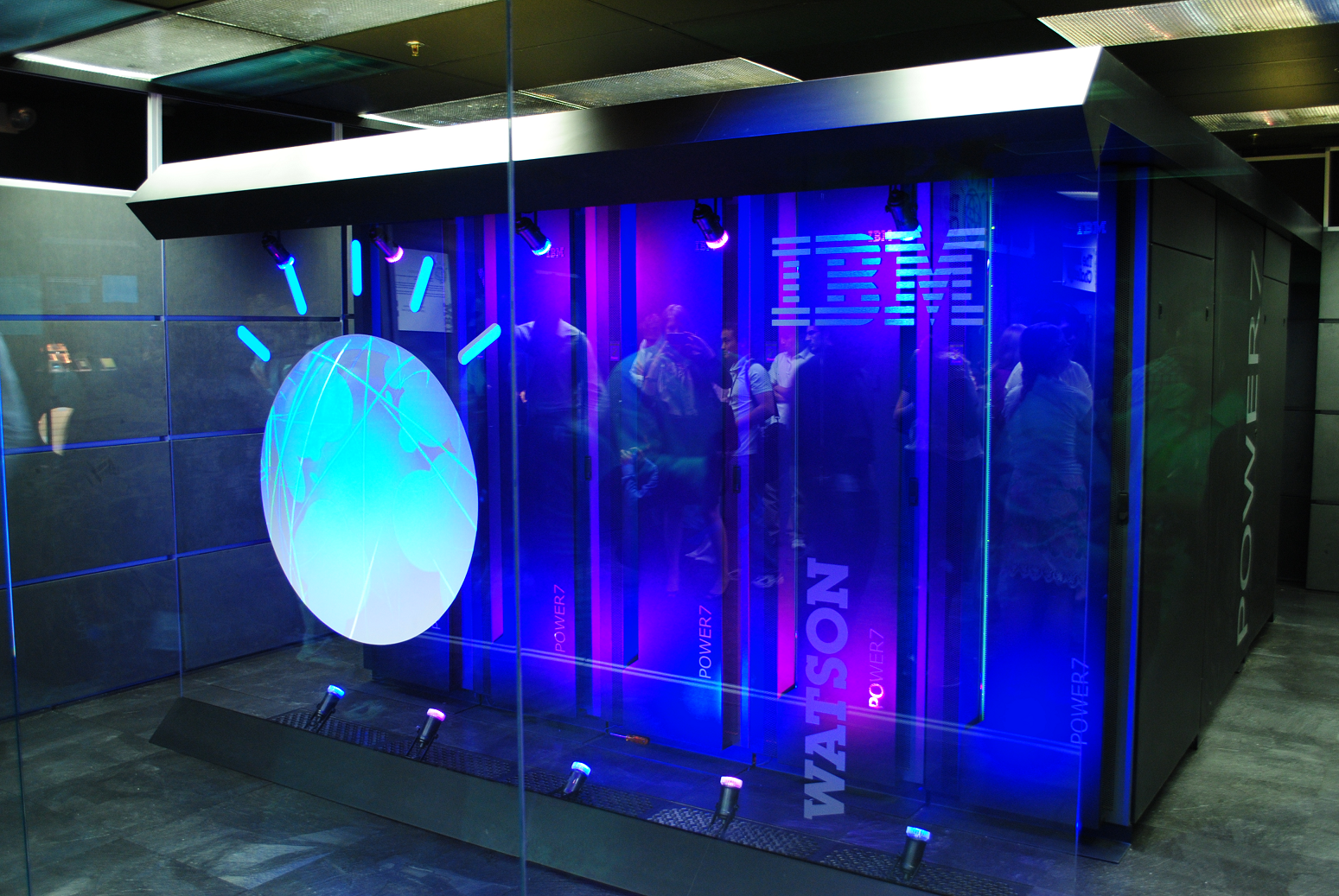
We have always tried to make computers faster and smarter than the previously were. From tabulation in the 1900s to programmatic computing in 1950s we have dramatically evolved computing. And now we have moved to the next stage of computing. In this stage, we aim to make computers a lot more intelligent and agile. Now the target is to make computer artificially intelligent. This means a computer will learn by itself and become as intelligent as human or even more than that. To make this feasible, researchers have developed a new type approach to programming called cognitive computing.
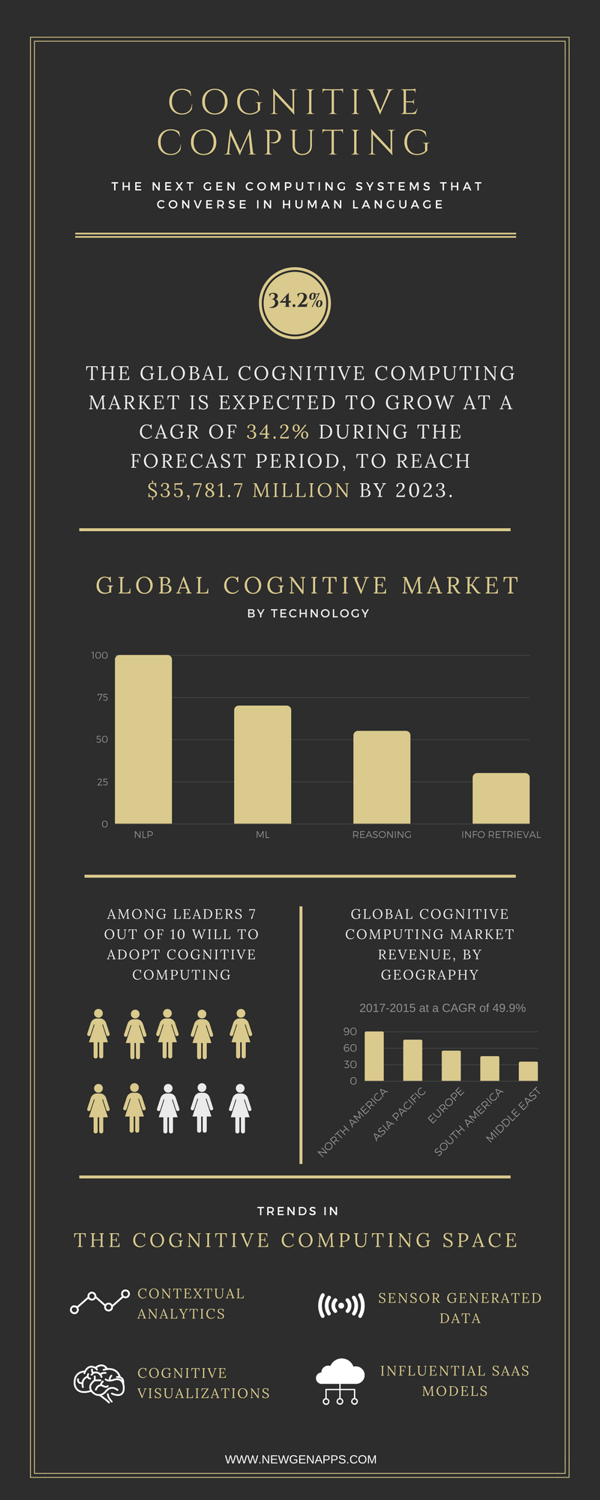
Cognitive computing is the use of artificial intelligence and machine learning to enable computers to understand data, generate insights and use them as a learning experience in future. With the help of cognitive computing is easier to bring artificial intelligence in computers since it narrows down the focus on making computers intelligent in one type of tasks and scaling the range of tasks in multiple phases. Cognitive computing is leveraged by feeding data into an intelligent algorithm that can analyze it, understand correlations and learn from the data to automatically improve its intellect.
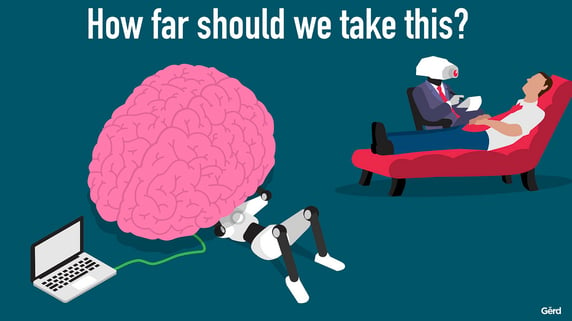
To enable any cognitive computing system at the scale, you will need the help of big data, machine learning, and cloud. These are the three main technologies behind any level of cognitive computing. Here how each of these help in implementing it:
The human brain can process a huge amount of data without even realizing the pressure. From example, understanding contextual meaning in a statement or understanding someone’s preference in movies. In case of machines, it is important to feed a huge amount of data to make this possible. This data can be both organized and unorganized thus, we need sophisticated tools to analyze this big data.
Machine learning is the use of algorithms to enable computers to analyze data and make predictions based on the information fed to them. Usually, in machine learning, a training data is fed into the program and then it is tested on another data set to examine its efficiency. In case of cognitive computing, the algorithm needs to be coded to learn on its own as and when more data is supplemented to it.
To analyze such huge amount of data in real time it is required to have extensive computing power. The pressure on the systems in cognitive computing varies on the basis of data fed into the system. Due to sudden spurts in demand, it is viable to opt for these cloud solutions. They provide scalable computing for analyzing data and working on resource-intensive tasks, making them ideal for working on cognitive computing models.
There are many possible applications of cognitive computing. It can handle a very minute activity of routine nature to a complex set of tasks involving logical reasoning. Here are some possible applications of cognitive computing in business:
Chatbots are programs that can simulate a human conversation by understanding the communication in a contextual sense. To make this possible a machine learning technique called natural language processing is used. Natural language processing allows programs to take inputs from humans (voice or text), analyze it and then provide logical answers. Cognitive computing enables chatbots to have a certain level of intelligence in communication. Like understanding user’s needs based on past communication, giving suggestions, etc.
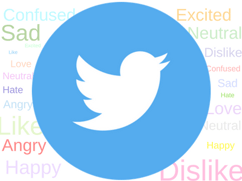
Sentiment analysis is the science of understanding emotions conveyed in a communication. While it easy for humans to understand tone, intent etc. in a conversation, it is far more complicated for machines. To enable machines to understand human communication you need to feed training data of human conversations and then analyze the accuracy of the analysis. Sentiment analysis is popularly used to analyze social media communications like tweets, comments, reviews, complaints etc.
Face detection is the advanced level of image analysis. A cognitive system uses data like structure, contours, eye color etc. of the face to differentiate it from others. Once a facial image is generated, it can be used to identify the face from an image or video. While traditionally it used to be done using 2D images now it can also be done using 3D sensors which account for greater accuracy. This can be used in security systems like for a locker or even mobile phone.

Risk management in financial services involves the analyst going through market trends, historical data etc. to predict the uncertainty involved in an investment. But this is analysis is not only related to data but also on trends, gut feel, behavior analytics etc. Thus it is both an art and a science. Big data analysis (i.e. analysis of past trends alone) is not sufficient to do a risk assessment. Due to the intuition and experience involved in predicting market future, it is necessary to make algorithms intelligent. Cognitive computing helps combine behavioral data and market trends to generate insights. These can then be evaluated by experienced analysts for further analysis and predictions.
Fraud detection is another application of cognitive computing in finance. It is basically a type of anomaly detection. The goal of fraud detection is to identify transactions which don’t seem to be normal (anomalies). This also requires programs to analyze past data to understand the parameters to be used for judging a transaction. A range of data analysis techniques like Logistic regression, Decision tree, Random Forest, Clustering etc. can be used to detect anomalies.
The cognitive computing landscape is dominated by 3 major players – IBM, Microsoft & Google. With IBM being on top of all other competitors. IBM has reportedly invested $26 billion dollars in big data analytics and artificial intelligence. Many other companies are also working on solutions that are equally competitive, if not better than Watson. Google has acquired Deepmind to remain competitive in this field. Let’s have a brief overview of major players and how they are working in this field.
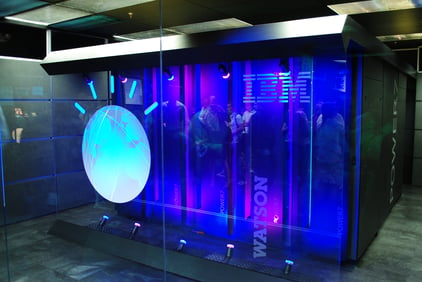
As discussed before, IBM is the leading company in the field of cognitive computing. IBM Watson was originally a supercomputer that uses artificial intelligence (AI) and analytical tools to work as a “question answering” machine. Now it based on disruptive technologies like natural language processing, machine learning, text analysis and virtual assistants. IBM Watson leverages deep learning and real-time analysis to improve decision making, reduce cost and optimize outcomes.
Microsoft cognitive services previously, Project Oxford is a set of APIs, SDKs, and machine learning frameworks which the developers can use to make their applications more agile and intelligent. It can help developers easily add intelligent features – such as sentiment analysis, vision and speech recognition, contextual analysis – into their applications. Basically, it can help developers create smart applications that were previously beyond their reach.
Google has always been an evangelist in disruptive technologies. Google acquired DeepMind in 2014 which is now considered to be a leader in AI research. DeepMind became mainstream with AlphaGo, an AI platform to play Go, a Chinese strategy game. Google has made tremendous efforts to popularize artificial intelligence. Overall it is a rapidly evolving platform with huge potential.
Other leading companies include SparkCognition, Qualcomm, Intel etc. They are making cautious efforts to include cognitive solutions into their present systems. Cognitive computing offers a lot of possible applications. Apart from direct business, cognitive intelligence can be used in healthcare, banking, government projects, utility services etc. While we are only able to achieve narrow artificial intelligence i.e. ability to do a specific task, we are now moving towards a more general AI. This itself speaks for the potential cognitive computing will carry in future. If you are looking for developers who can leverage these technologies for your business then you are at the right place. Whether it is Big Data or AI or even Chatbots, we have worked on all these technologies at scale. Feel free to contact us for any project or a live demo.

Also known as Machine Intelligence in general terms, Artificial Intelligence is described as any task performed by software, application, program, or...

1 min read
Customer experience has become the new battleground for business. With businesses and customers both moving online, the competition has become...